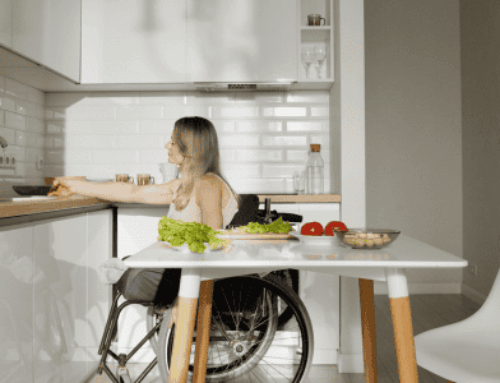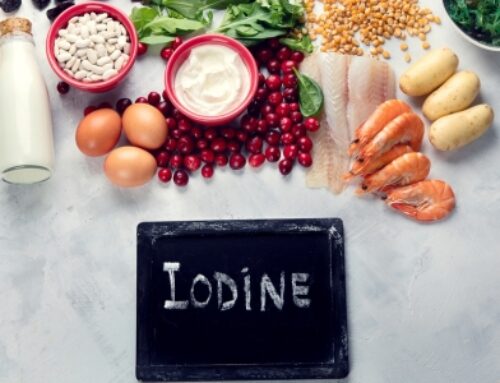
You may have read that the recommendations for starting babies on solid food have changed!

 Some of the media headlines, as per usual, didn’t really give a truthful reflection about what the changes to the recommendations are really about.
Some of the media headlines, as per usual, didn’t really give a truthful reflection about what the changes to the recommendations are really about.
Not too worry! If you’re right in the midst of starting solids or thinking about it, here’s the down low on what the revisions to the guidelines actually were and what they mean for you and your baby.
If you’re interested, Here’s the original media release.
Feeding babies solid food!
It can be a pretty tough road, those first few months of being a parent. Even if this is the second, third or forth time for your family, you’ll be feeling like all you do is think about: feeding, sleeping, pooping, washing… It can be overwhelming with all the different advice from well-meaning individuals and health professional sand you’re often left feeling confused.
Then comes the time to start introducing solid food. Your baby is 4 months old now. Does that mean they’re old enough? How do you know when they’re ready? What food do you start with? What foods should you avoid? How much should they eat. Should you feed them before or after a bottle feed? What if they’re not interested in eating?
And what about allergies? If you give your kids peanuts, eggs or other foods too early, could you give them an allergy? Should you wait?
Revising the Guidelines
The revision comes after a group of experts on infant feeding met at The Centre for Food & Allergy Research (CFAR) Australian Infant Feeding Guidelines Summit, hosted by Murdoch Childrens Research Institute (MCRI) on Friday 13th May 2016.
The Summit meeting on Friday resulted in a consensus agreement to change the Australian infant feeding guidelines across all of the partner participants, to the following recommendations:
1. When your infant is ready, at around six months, but not before four months, start to introduce a variety of solid foods, starting with iron rich foods, while continuing breastfeeding.
2. All infants should be given allergenic solid foods including peanut butter, cooked egg, dairy and wheat products in the first year of life. This includes infants at high risk of allergy.
3. Hydrolysed (partially or extensively) infant formula are not recommended for prevention of allergic disease.

Please note: If you’re confused or worried about feeding your baby, please seek professional help.
Here’s my explanation of these guidelines:
The age to start solids is still ‘around 6 months’ but not before 4 months.
This means that if your baby is showing signs of readiness for solids at 5 months, than it’s a good time to start solids. It also means that if your baby isn’t showing signs of readiness till 7 months, that’s OK too. All babies are different. The most important thing is not before 4 months. There are important developmental milestones that needs to be reached as well as certain maturities of the gastrointestinal tract that don’t usually happen till after 4 months old. Some babies are ready at 4 months old, other aren’t and its OK.
A lot of the media focused on the 4 month mark being the main change. This isn’t actually true. As you can read above, the guidelines are still focused on offering foods around the 6 month mark, like they have been in the past.
In the end, you’ve got to do whats right for your baby. 4-6 weeks either side of 6 months is the generally the optimum time and it doesn’t matter in the long run when you start within this time frame.
 You SHOULD offer your baby peanuts, cooked eggs, dairy and wheat products in the first year of life.
You SHOULD offer your baby peanuts, cooked eggs, dairy and wheat products in the first year of life.
This is the main change. From when I was starting my children on solids, over 7 years ago, this is the main difference. We used to recommend to hold off with offering these foods, but now we should be offering them.
This is in line with research, as mentioned in the media release from the summit and is all about exposing your baby’s immune system to a range of foods, even the ones that are whats known as allergenic. Or in other words can trigger allergic reactions in some individuals.
Many people feel frustrated and feel mistrust toward health professionals when recommendations change. Don’t feel this way. nutrition is like a 1 million piece puzzle and every new piece of good research is like adding another piece to the puzzle. This means that as we go, sometimes the picture changes as we start to look at it more clearly.
If you’d like further help with your nutrition please click below:



